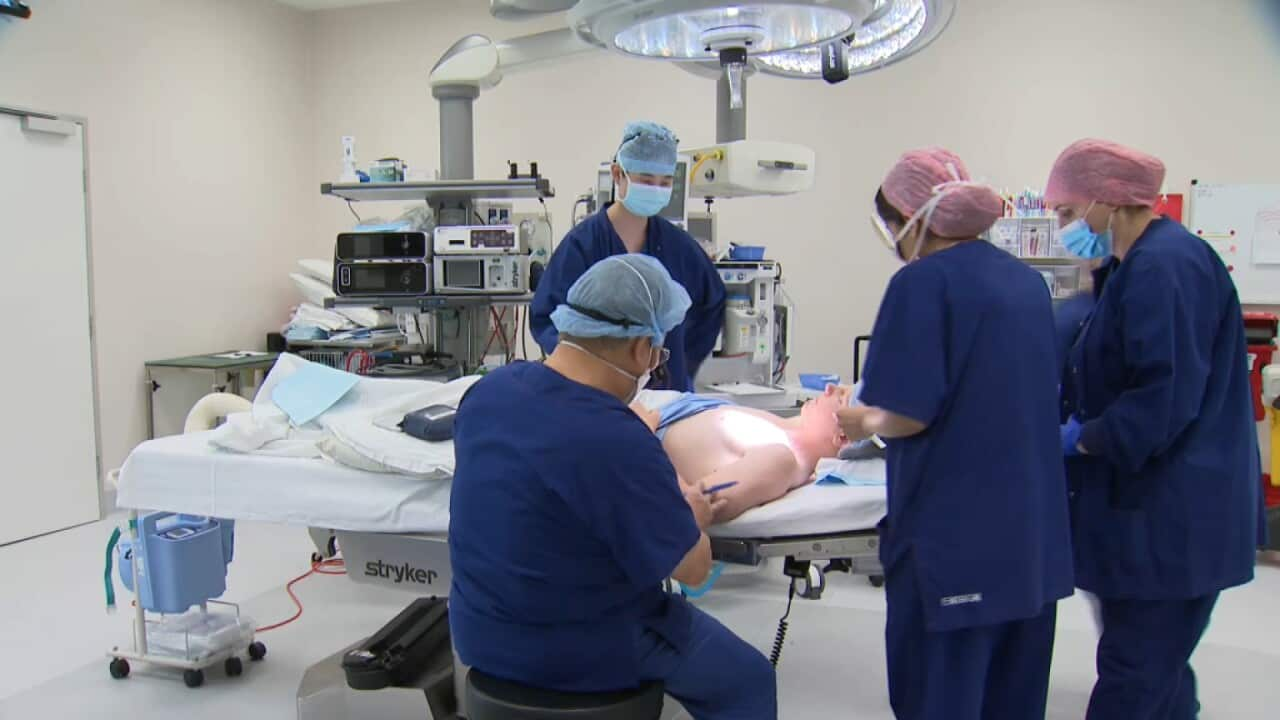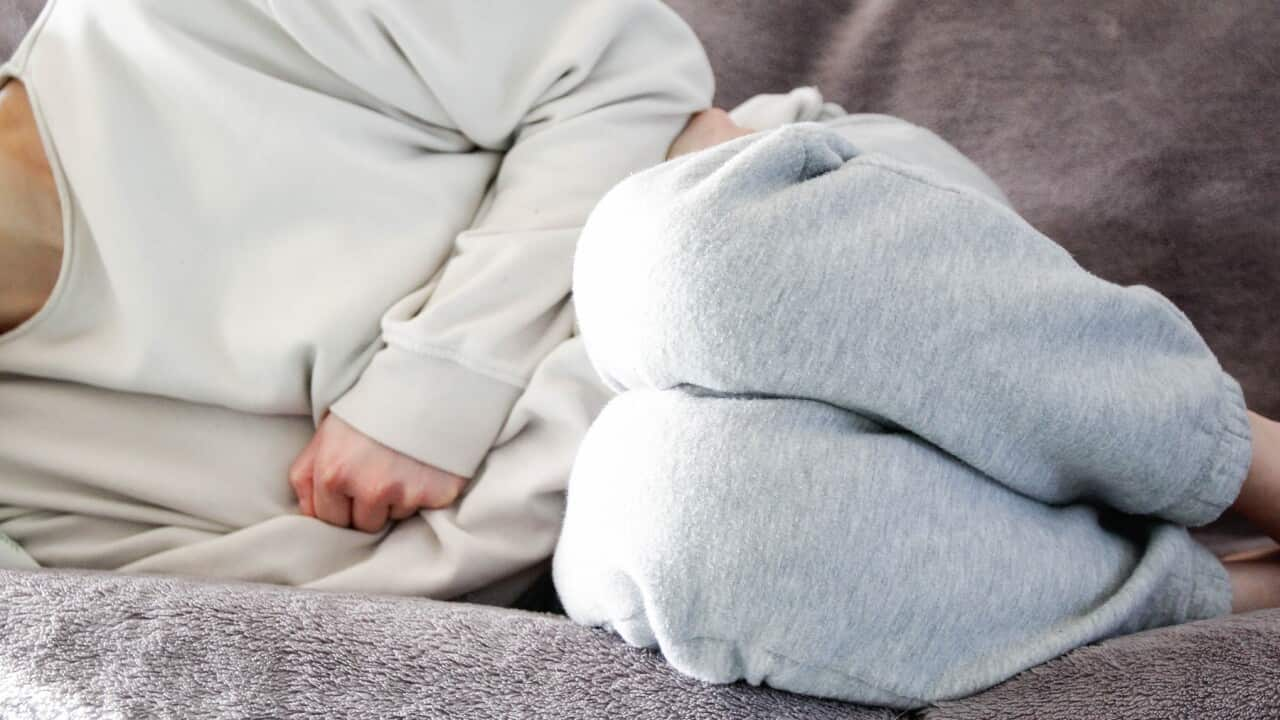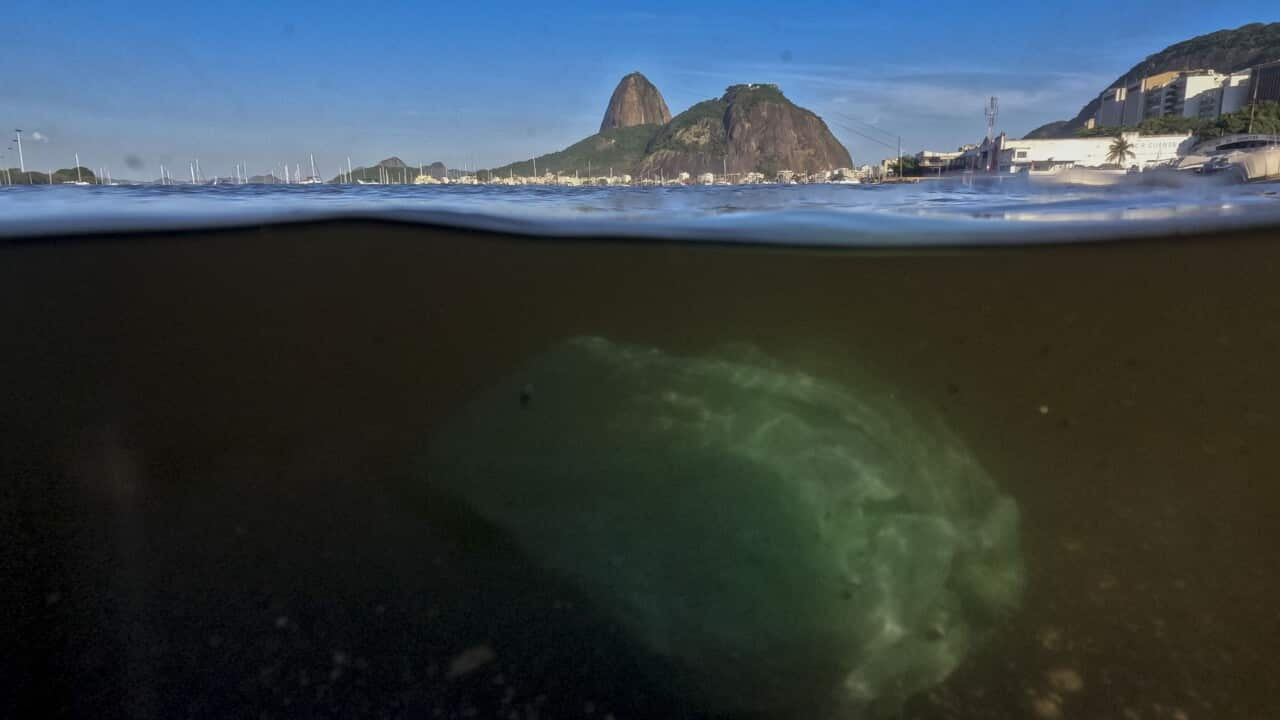TRANSCRIPT
When it comes to skin cancer, prevention is the best medicine.
Associate Professor Dr Michael Leung is performing a simple procedure to remove moles before they become cancerous.
“There's always a chance that they can change through melanomia, especially if he's got a family history of melanoma.”
Dr Leung regularly operates on cancer patients and car crash victims in Melbourne.
But the 69-year-old surgeon doesn't always have the luxury of world-class facilties, resources and extra staff.
Dr Leung has undertaken about 40 volunteer trips to rural areas in the Asia Pacific, including in Myanmar and Papua New Guinea.
He has helped more than 250 people whose couldn't afford the surgery that they desperately needed.
“Because they've been waiting a long time to have their condition treated, so usually they deteriorate as time goes. So the cases that you get over there would be actually more challenging than what we see here.”
Changing lives through surgery with the non-government medical organisation, Interplast, has become a family mission.
Dr Leung's brother, Stephen, is an anaesthetist.
“We basically [do] not just save life ... we save lives for multiple reasons I think. Some of the patients present to us very late with cancer so we prolong their life so that they can spend proper time with their family.”
Dr Leung's daughter, Deb, is the second anaesthetist in the family.
“Medicine's a really rewarding career, but part of what makes medicine so rewarding is that you can use these skills to help so many people.”
And his niece, Samantha, also regularly volunteers by their side.
“I sort of grew up watching my dad and uncle doing these trips and they always sounded really exciting. so when I started my anaesthetic training I always had in the back of my head that I'd love to do this and I'd ask my uncle and dad about when could I get involved.”
Dr Leung's volunteer work has earned him recognition as a Member of the Order of Australia in the 2020 Australia Day awards.
But the work he's most proud of is training dozens of health workers.
“You actually feel proud that they can do it by themselves now. So I think it is very rewarding.”
Dr Leung traces his passion for giving back to when he was a young student in the seventies, when he left Hong Kong to study in Australia.
“I consider it a real privilege in having that chance and so it is only right that we should give back to the society.”
But cancer is a growing issue in the Asia Pacific region.
The World Health Organisation etimates about five million people died from cancer every year in the Asia Pacific.
Research from the University of Otago, in New Zealand, shows the Pacific Islands alone could be dealing with up to 45,000 extra cancer cases a year by 2040 becuase of population growth and ageing.
At home in Melbourne, with two young children growing up in a family of health workers, Dr Deb Leung hopes her father's legacy will carry on with the next generation.
“I'm hoping that same will happen with my children (laughs) and that sense of giving back to the community is something that I think our family finds very important.”













